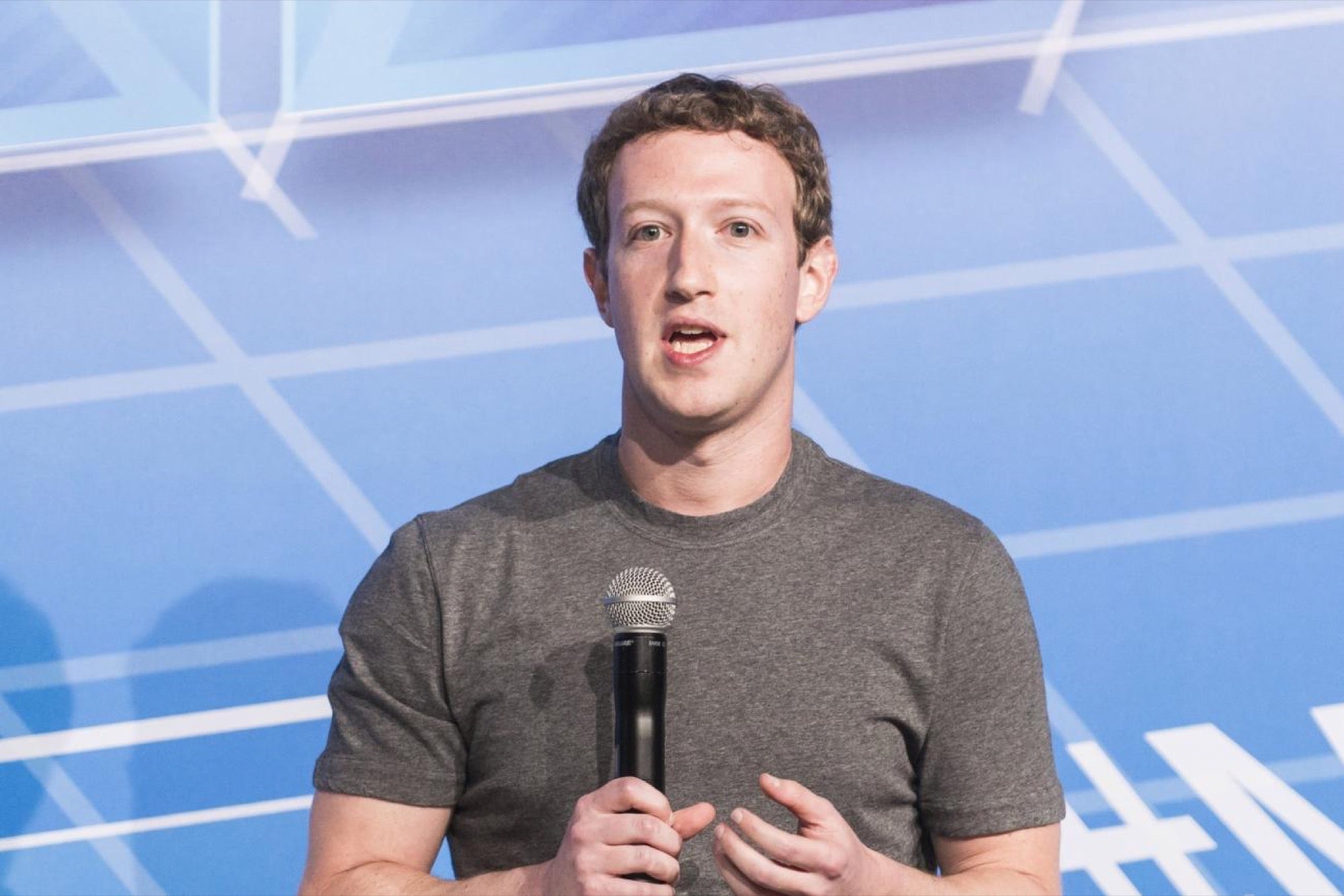Mark Zuckerberg Spins Decline in Facebook Usage as a Good Thing Facebook declined by about 50 million hours per day in last year's fourth quarter, or about 5 percent overall.
By Michael Kan
This story originally appeared on PCMag

Facebook CEO Mark Zuckerberg touted an odd metric on a Wednesday earnings call: time spent on Facebook declined by about 50 million hours per day in last year's fourth quarter, or about 5 percent overall.
But to Zuckerberg, the decline is a good thing. "Helping people connect is more important than maximizing the time they spend on Facebook," he said.
Zuckerberg's comments come as Facebook moves to overhaul the News Feed and how people interact with it. His goal? Make Facebook better for society and not a drain on people's well-being. This particular time spent drop, though, came from a change the company made in the last quarter to show fewer viral videos. Although these clips can be entertaining, they can crowd out updates from friends and family, Facebook said.
With 1.4 billion daily active Facebook users, the time lost (or perhaps saved) amounted to an average of 2.1 minutes per user during the quarter. "We don't normally share time metrics because they're not the best way of understanding engagement," Zuckerberg said. "But this shows how committed we are to making sure the time you spend on Facebook is valuable."
In the future, Facebook will show less content from businesses, brands, and media organizations in favor for posts from family, friends and groups you follow, in order to encourage "meaningful interaction" with your friends over the service. Why? Facebook points to academic research that suggests merely consuming information over Facebook, but never interacting with other users, can be bad for your mental health.
Although the upcoming changes may hurt the company's business at first, Zuckeberg predicts they'll pay off by creating a better Facebook that users will care about more. "By focusing on meaningful connections, our community and business will be stronger over the long term," he wrote in a Facebook post on the same day.











